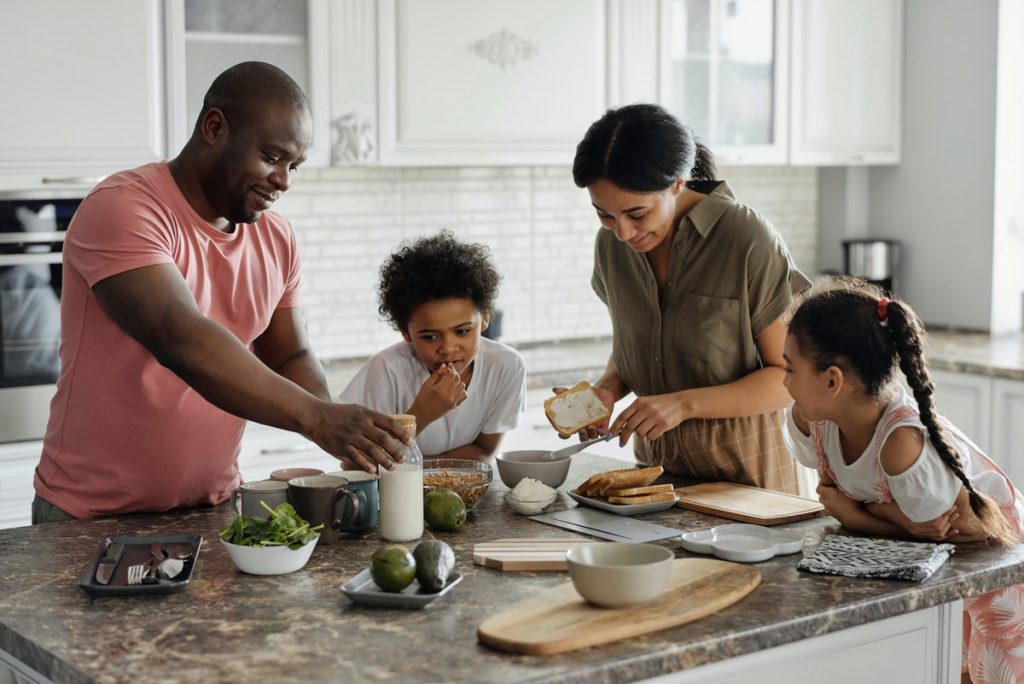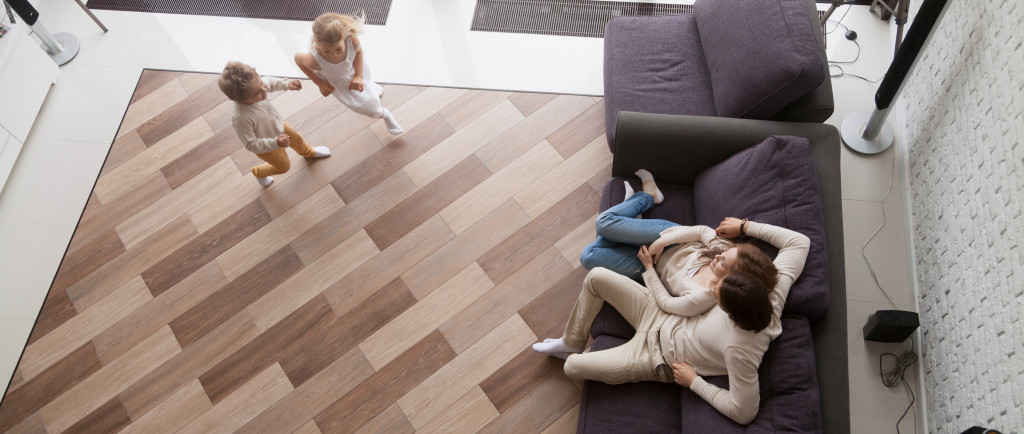Everyone spends at least half of their life indoors, and many people are unaware that housing and health are connected.
Your house should be a safe refuge for your children, the one place where they will be safe from danger. Because young children spend up to 90% of their time indoors, maintaining a healthy home environment is critical—yet many threats are hidden. This article explains the connections and offers suggestions for making your home healthier.
What are the Hidden Dangers at Home?
You can feel safe at home, but it can also make us sick. Lead-based paint, hidden mice and insects, mold, pesticides, and secondhand smoke are all potential health dangers in some homes. For example, radon and carbon monoxide are unseen but lethal health dangers.
What Can We Do?
For Living Room and Bedrooms
- Install carbon monoxide detectors near sleeping areas.
- Don’t smoke in the house, and don’t let anyone else smoke either.
- Remove debris to prevent insects and rats from burrowing.
- Keep electrical wires and other clutter, such as toys, shoes, and clothing, off your floor.
- Install smoke alarms on every floor and near every bedroom, test them regularly, and replace the batteries once a year.
For the Kitchen
- Never warm your home using the stove or oven. Not only is this a fire hazard, but the fumes emitted can cause illnesses in the family.
- Use a kitchen exhaust fan such as a range hood.
- Make sure you have a carbon monoxide detector installed.
- Never leave food cooking on the stove unattended.
- When cooking, avoid wearing clothing with long, loose-fitting sleeves.
- Use environmentally friendly cleaning and pest-control products. Keep them out of the reach of minors, follow the advice on the label and dispose of them properly.
For Bathrooms
- Lock all drugs in a medicine cabinet and use childproof caps to keep them out of reach of children.
- Remove mold and moisture in a safe manner.
- Get some fresh air by opening doors and windows.
- Use a bathroom exhaust fan vented to the outside; a fan not vented to the outside maintains moisture in the house.
- If anyone in the house has mobility issues, install grab bars on the bathtub and shower walls, as well as close to the toilet.
For the Basement
- Replace the furnace/AC filter regularly.
- Have your gas appliances and furnaces inspected by a professional once a year to ensure they are not emitting carbon monoxide.
- Make sure the clothes dryer is vented to the outdoors.
- Keep cleaning, car maintenance, gardening, and pest control materials locked away.
For Home Pests
There are safe and healthy ways to get rid of pests like cockroaches, ants, and rodents in your home:
- Keep pests out by sealing openings to the exterior and between rooms.
- Put food away, cover trash, and clean up to keep bugs away.
- Repair leaks and clean up spilled water to ensure pests don’t have something to drink.
- Closed traps, baits, and gels should only be used when necessary.
- Consider hiring professionals for non-toxic home pests or mosquito control solutions that are safe to use around children and pets.
Cleaning Tips for a Healthier Home

One approach to have a healthier home is to keep it clean. Here are some tips for keeping your house tidy.
Dust Your Home
To reduce pollen and other airborne allergies, dust thoroughly. Clean or replace air conditioning and heating filters regularly, and clean ducts and vents. If you or anyone in your family suffers from allergies or asthma, dust control should be a top concern for a healthy house.
Mold and Mildew
Mold can be harmful to individuals in the home, causing allergic reactions, illness, and neurological problems. Use a non-toxic cleaning agent to remove mold and mildew from bathrooms and other damp locations.
Check and Clean Your Rugs
On-skid mats should be placed beneath rugs on bare floors, and worn mats should be cleaned or changed to ensure they do not slide. Non-skid mats and rugs should be used in all restrooms and the kitchen.
Ban Bugs Safely
Mice, ants, cockroaches, mosquitoes, and other pests can be bothersome, but they’re rarely as dangerous as the chemicals used to get rid of them. Pesticides poison the air your child breathes and the floor they play on, raising their risk of neurological and cancer disorders.
Weather-stripping doors and windows, sealing cracks in your walls and floors, and keeping your kitchen clean and free of food particles, are all things you can do to help keep your home warm. If you absolutely must apply pesticides, get the smallest amount possible and go for gels or baits rather than sprays.



